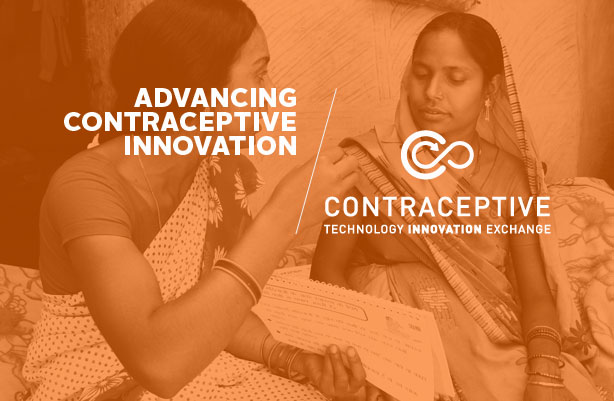
This week, nearly 3,000 health professionals and researchers gathered in Nusa Dua, Indonesia, for the 4th International Conference on Family Planning (ICFP), the world’s largest conference focused on family planning. At this and similar events, we often hear about the barriers that prevent women and men around the world from having reliable access to safe, affordable contraceptive services. “No product, no program!” “No provider, no program!” These are common refrains in the family planning community, and they speak to the importance of having both sufficient contraceptive commodities and adequately trained health care providers to ensure high-quality services for individuals who need them.
This week at ICFP, Dr. Laneta Dorflinger, director of Contraceptive Technology Innovation at FHI 360, offered an additional perspective. “No pipeline, no promise!” she asserted during the Family Planning+Social Good event to highlight the importance of continued investment in contraceptive research and development.
The Family Planning+Social Good event, co-hosted by FHI 360 and the UN Foundation, brought together a diverse group of leaders to explore innovative approaches to reach the 225 million women in developing countries who want to avoid pregnancy but do not use contraception. “Over 70 percent of unmet need can be attributed to method-related factors,” said Dr. Dorflinger during her presentation, citing a recent Guttmacher report about the reasons women don’t use contraception. She emphasized that in order to fulfill the promises being made to women and girls, we must continue to have a robust pipeline of products in development that better meets their needs and preferences.
Updates about contraceptive research, development and introduction activities have been provided throughout the conference this week in several venues:
- PATH presented information about ongoing efforts to introduce and scale up three products: Sayana® Press, the SILCS diaphragm and the Woman’s Condom.
- The Population Council presented results from its acceptability study of a new progesterone contraceptive vaginal ring and moderated a panel on ethical aspects of introducing new contraceptives in low-resource settings.
- FHI 360 provided information about ongoing work to develop a longer-acting contraceptive injectable and a biodegradable implant, as well as an update on efforts to support the introduction of Medicine360’s new, more affordable levonorgestrel-releasing intrauterine system in Kenya.
- A panel on multi-purpose technologies explored the potential of this new class of products to offer various combinations of contraception, HIV prevention and other STI prevention.
- In the exhibit hall, manufacturers who are investing in contraceptive research and development — including several based in Indonesia — provided information about products being developed and introduced.
- Two new knowledge-sharing resources, the Contraceptive Technology Innovation Exchange and Calliope, the Contraceptive Pipeline Database, were featured during the Marketplace of Ideas.
During the Opening Ceremony at ICFP, the Bill & Melinda Gates Foundation reiterated its pledge of an additional US$120 million to help achieve the ambitious FP2020 goals within the next four years. In a press release about this commitment, Melinda Gates, co-chair of the foundation, said, “We made a promise. A promise to 120 million women and girls that by 2020 they would have access to family planning services and contraceptives if they wanted it.” By ensuring that we continue to have a robust pipeline of products in development and by working to scale up new methods being introduced, we can contribute to the realization of this promise as well as a promise to meet the needs of individuals and families in the decades to come.
Read more about our recent contributions to family planning by reviewing FHI 360’s robust scientific presence at the 2016 International Conference on Family Planning.
